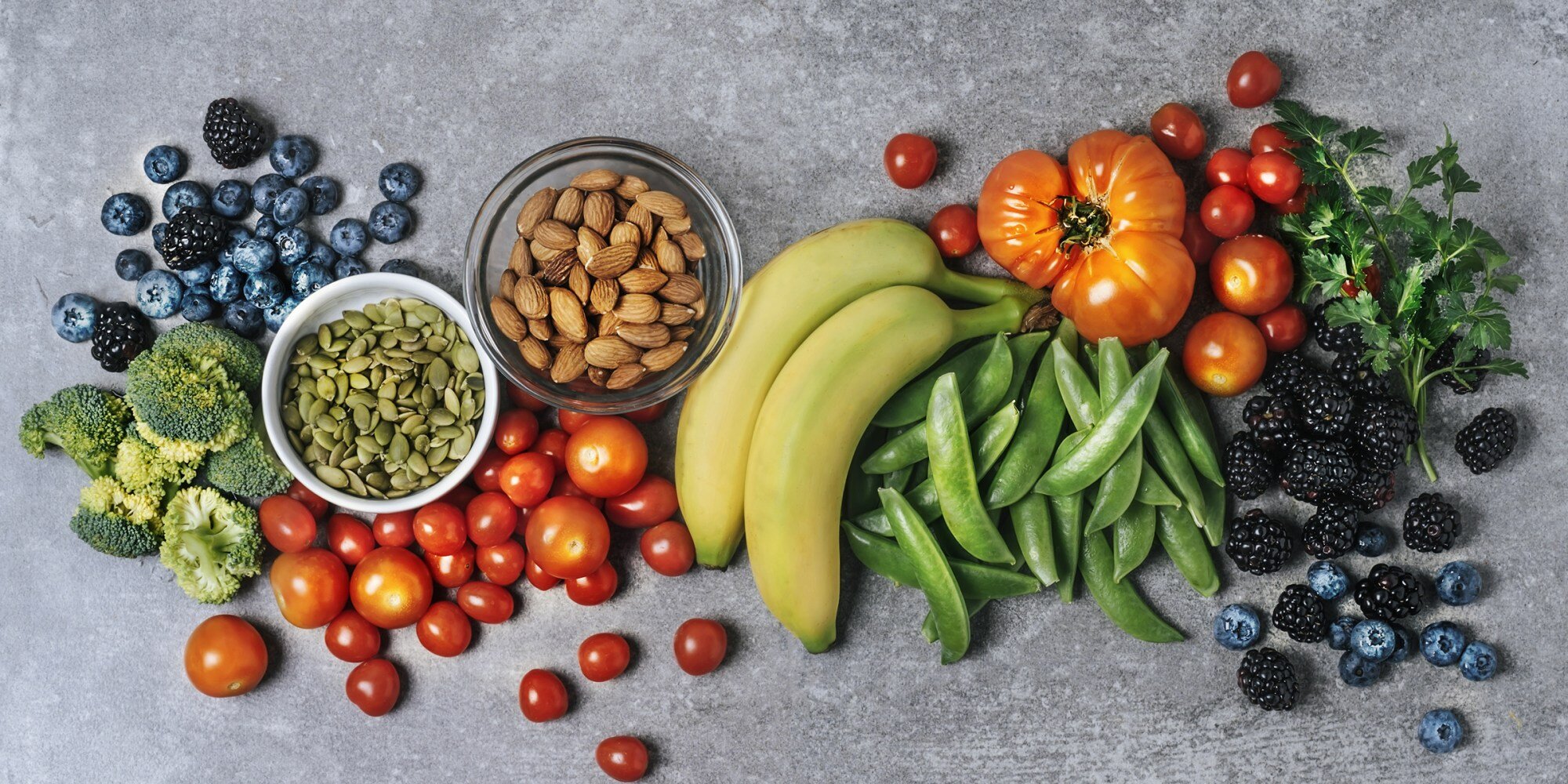
Whole30 diet
History:
The Whole30 diet was created by Melissa Urban and Dallas Hartwig in 2009 when the couple began to blog about a 30-day dietary experiment. For 30 days you will eliminate foods specifically those thought to be the most troubling in one of four areas (cravings and habits, blood sugar regulation and hormones, digestion and immune system, and inflammation) with emphasis on eating whole foods (1). After 30 days participants will reintroduce eliminated foods paying specific attention to changes in health, habits, and mindset. The diet believes that by the end of 30 days participants will be able to identify problematic foods ultimately creating the perfect diet for you. This diet ranked 33 out of 35 in US News Best Diet Overall for 2020.
Purpose:
The goal of the Whole30 diet is designed to "change your life" by eliminating cravings, rebalancing hormones, curing digestive issues, improving medical conditions, boosting energy, and enhancing immune function (1). By the end of the program it is the hope that individuals will know when, how often, and in what amount the problematic, but still worth it foods can be included in the diet.
General dietary practices:
This diet focuses on eating meat, seafood, eggs, vegetables, fruits, natural fats, herbs, spices, and seasonings (2). Generally, foods with a simple/recognizable list of ingredients, or no ingredients at all (non-processed) are encouraged. For 30-days one must avoid added sugar, alcohol, grains, most legumes, dairy, monosodium glutamate (MSG), sulfites, and baked goods. You may consume ghee or clarified butter, fruit juice, certain legumes such as green beans and most peas, vinegar and botanical extracts, coconut, and salt. It is recommended and encouraged that people do not weigh themselves for the 30 days while on the diet. Since this diet focuses on more than just weight loss, thoughts may be confounded by the number on the scale. After the 30 day elimination phase, individuals may re-introduce previously eliminated foods back into their diet starting with the foods they missed the most, taking careful note of how they feel after.
Key concerns:
Eliminating a large food group is questionable and not considered a healthy dietary practice, such as in the Whole30 diet where all grains are restricted. To compensate for eliminated grains, followers of the diet eat more protein which may cause stress to the kidneys due to their role in protein metabolism. This diet is not advised for those who are at high risk of kidney disease. Dairy, grains, and legumes are high in calcium, vitamin D, B vitamins, zinc, iron, magnesium, and fiber and without consumption, there may be a risk for nutrient deficiencies. The diet is very restrictive and only works if there is no “cheating” during the 30 days.
Further Resources:
Websites:
Books:
**The information presented provides an overview of the diet along with credible resources to refer to in order to learn more. This is not intended to make any dietary recommendations, rather an education tool for our clients.**
Reference:
US News the Best Diet 2020. https://health.usnews.com/best-diet/whole30-diet. Published 2020. Accessed July 26, 2020.
Whole30.com. https://whole30.com/do-the-whole30/. Published 2020. Accessed July 26, 2020
